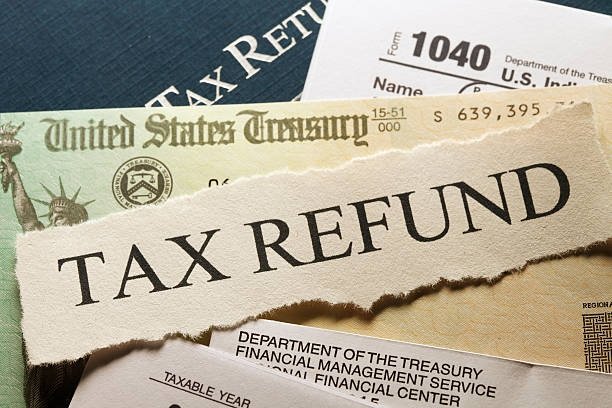For millions of Indian taxpayers, an income tax refund is a much-anticipated financial boost after the rigors of tax season. Yet, as of September 2025, countless taxpayers are still waiting for their refunds, with delays stretching weeks or even months. Despite the Income Tax Department’s efforts to streamline processing, only 39% of returns filed for Assessment Year 2025-26 have been processed by early September, leaving many frustrated. From technical glitches to stricter scrutiny, this article uncovers the reasons behind these delays and provides actionable solutions to ensure your refund is credited before the September 30, 2025, deadline.
Understanding the Refund Processing Timeline
The Income Tax Department typically processes refunds within 4–6 weeks of e-filing, with some taxpayers receiving funds in as little as 10 days. However, data from the Central Board of Direct Taxes (CBDT) indicates that by September 8, 2025, only 2.8 crore out of 7.1 crore filed returns have been processed, creating a significant backlog. This year’s enhanced scrutiny measures, aimed at curbing tax evasion, have flagged returns with high refund claims, large transactions, or data mismatches for manual review, often extending wait times to 10–12 weeks. Taxpayers who filed early in April or May 2025 are particularly affected, with many voicing concerns on platforms like X about delays since June.
Common Causes of Refund Delays
Several issues can stall your refund, many of which are avoidable with proper attention. Incorrect bank details, such as unvalidated accounts or outdated IFSC codes—especially post-bank mergers like those involving Punjab National Bank and Union Bank—frequently disrupt processing. Discrepancies between your Income Tax Return (ITR) and supporting documents like Form 26AS, Annual Information Statement (AIS), or Taxpayer Information Summary (TIS) can trigger holds, as the department verifies income, deductions, and tax credits.
Under Section 245 of the Income Tax Act, refunds may be adjusted against outstanding tax liabilities, sometimes without clear communication, leaving taxpayers unaware. Returns flagged as defective under Section 139(9) for incomplete or inconsistent information face additional delays. Technical issues, such as uncompleted e-verification or system overloads during peak filing periods, further complicate matters, with over 15% of delays attributed to e-verification failures, according to tax consultancy reports.
How to Resolve a Stuck Refund
If your refund is delayed, proactive steps can expedite resolution. Start by checking your refund status on the e-filing portal (incometax.gov.in) under “My Account” to identify any issues, such as “Bank Account Not Validated” or “Processing Pending.” Ensure your bank account is pre-validated and the IFSC code is current; if not, update details and request a refund reissue, typically processed within 5–7 days. Use platforms like KFintech or Link Intime to verify refund status if your bank account is updated.
Address any notices from the department promptly, especially for defective returns, by submitting corrected details via the portal. Reconcile your ITR with Form 26AS and AIS to resolve mismatches, ensuring income and tax deductions align. If delays persist, contact the Aaykar Sampark Kendra at 1800-180-1961 or file a grievance on the e-filing portal, including your PAN, assessment year, and filing date. For complex cases, apps like Tax2Win or consultants can provide expert guidance to navigate notices or scrutiny.
Preventing Future Refund Delays
To avoid refund issues in future tax seasons, adopt these best practices. Pre-validate your bank account on the e-filing portal before filing, confirming the IFSC code matches your bank’s latest records. Complete e-verification within 30 days of filing using Aadhaar OTP, net banking, or digital signatures to prevent processing holds. Ensure consistency between your ITR, Form 26AS, and AIS, cross-checking salary, interest, and deduction details.
Clear any outstanding tax dues or respond to old notices before filing to avoid adjustments under Section 245. For the 2025-26 assessment year, note the extended ITR filing deadline of September 30, 2025, for individuals and non-audit cases. Using reliable tax platforms like ClearTax or filing through a chartered accountant can minimize errors, especially for returns involving capital gains or foreign income.
Navigating the 2025 Tax Landscape
The 2025 refund delays highlight the challenges of an evolving tax system, with stricter compliance measures and digital integration. The CBDT reports processing Rs 1.2 lakh crore in refunds by September 2025, but the remaining backlog affects millions, particularly those expecting refunds above Rs 50,000, which face heightened scrutiny. Taxpayers can leverage resources like the Income Tax Department’s official guide or platforms like Taxmann for error-free filing. As the deadline looms, swift action is crucial to resolve issues and secure your refund.
(India CSR)







